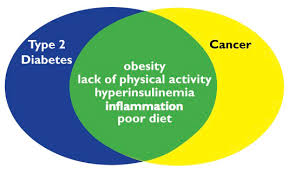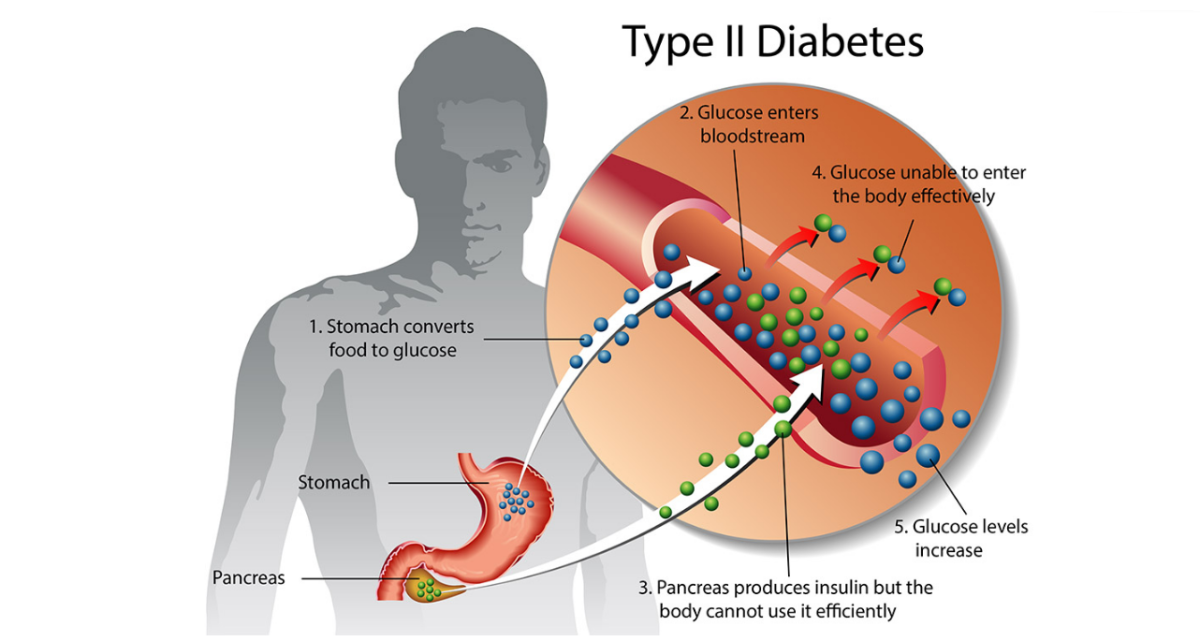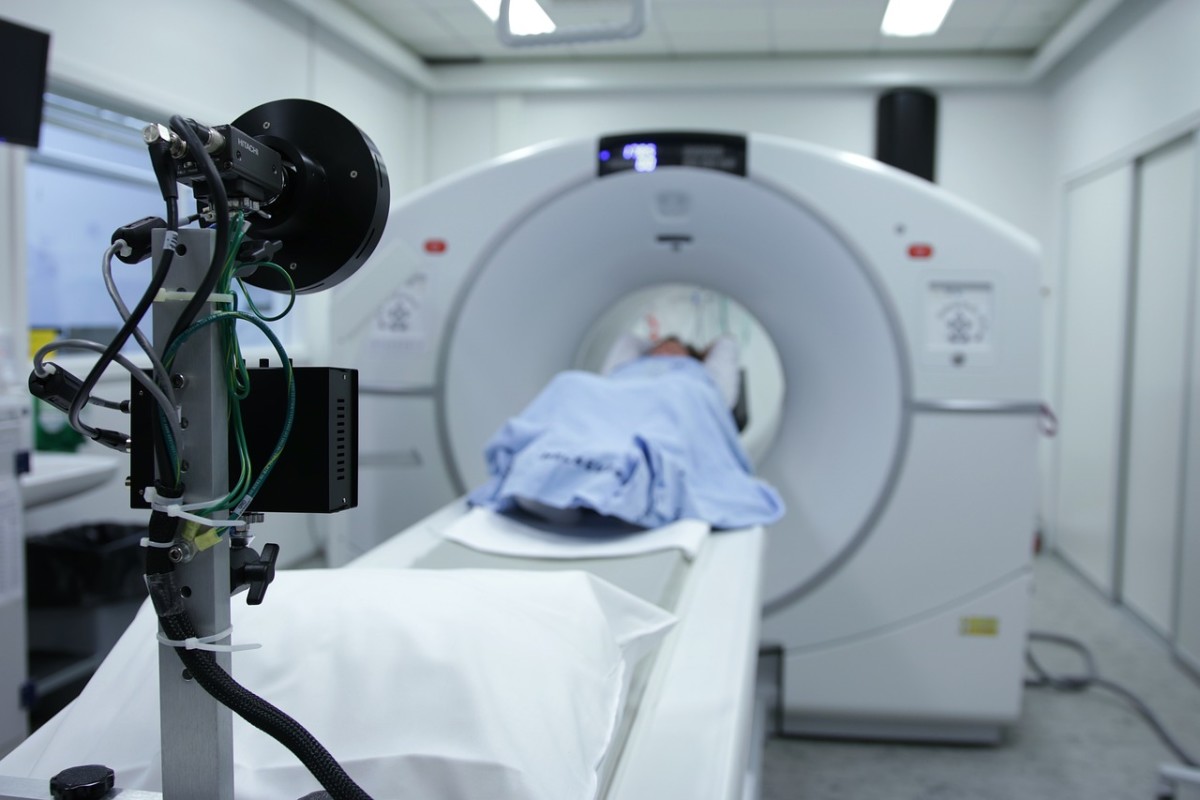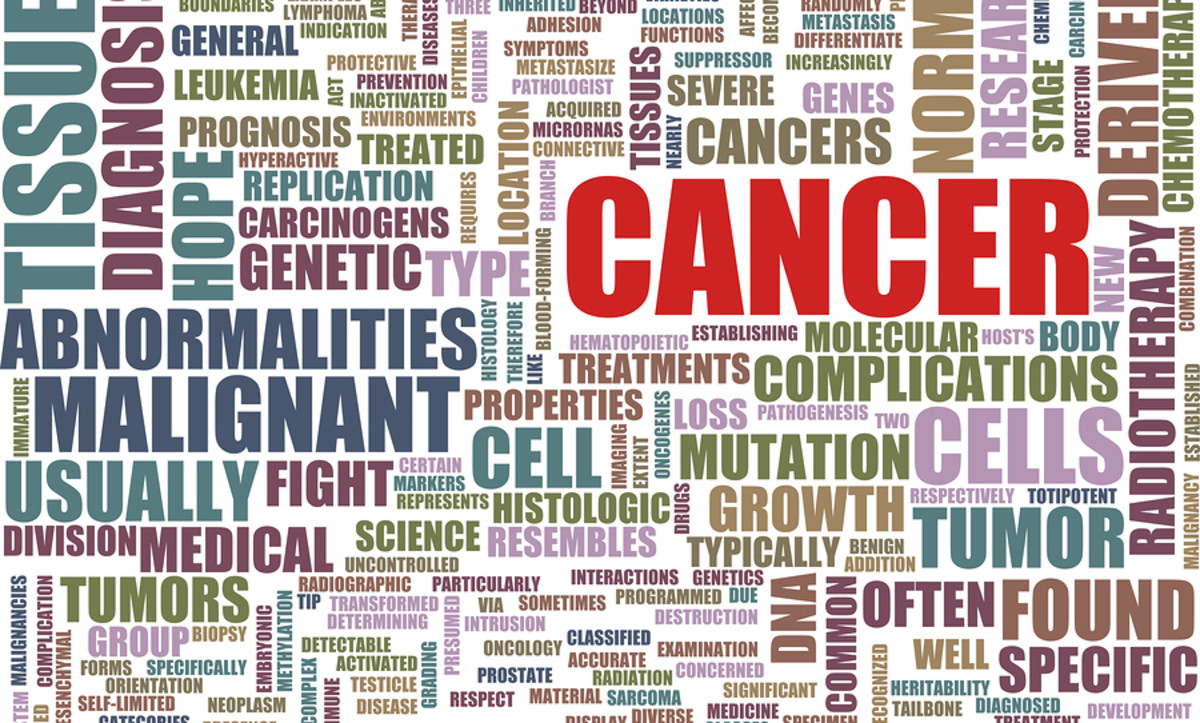Diabetes Mellitus and Cancer: A Link

Diabetes mellitus has assumed epidemic proportions worldwide. According to WHO (World Health Organization), the number of people with diabetes has risen from 108 million in 1980 to 422 million in 2014. The global prevalence of diabetes among adults over 18 years of age has risen from 4.7% in 1980 to 8.5% in 2014. It is a disturbing fact that diabetes prevalence has been rising more rapidly in middle- and low-income countries.
Diabetes has been found to be a major cause of blindness, kidney failure, heart attacks, stroke and lower limb amputation. It has been established by epidemiologic evidence that cancer incidence is associated with diabetes as well as certain diabetes risk factors and diabetes treatments.
It has been found that diabetes doubles the risk of liver, pancreas and endometrial cancer. It increases the risk of colo-rectal, breast, and bladder cancer by 20% to 50%. But it cuts men's risk of prostate cancer. However, women with diabetes are 6 percent likelier than men with the same diagnosis to develop a type of cancer.
The researchers at American Chemical Society have found that DNA sustains more damage and gets fixed less often when blood sugar levels are high compared to when blood sugar is at a normal, healthy level, thereby increasing one's cancer risk.

Factors that increase the risk of cancer in diabetics –
Some possible reasons for an increased risk of cancer are mentioned as follows:
1) People with diabetes tend to have some known risk factors for cancer, which include older age, gender, obesity, poor diet, physical inactivity, too-high insulin levels, too-high blood sugar levels and chronic inflammation.
2) There is evidence, but not definitive proof, that diabetes treatments affect cancer risk. Metformin, the most commonly used diabetes drug, seems to lower cancer risk.
3) But there is also evidence from some studies though contradicted by others that insulin, particularly long-acting insulin glargine, may increase cancer risk.
How to lower the risk cancer in diabetics –
The following strategies, if done properly, will work effectively:
Lose weight – If you are overweight, losing weight may help you lower the risk of diabetes and cancer. And you don't have to lose a lot to improve your health; even losing 10-15 pounds can make a big difference.
Eat healthy – You must choose a diet with a plenty of:
Fresh vegetables – The best choices are fresh, frozen, and canned vegetables and vegetable juices without added sodium, fat, or sugar. Try to eat at least 3-5 daily servings of vegetables, including asparagus, broccoli, cabbage, carrots, cauliflower, celery, eggplant, greens, peppers, snap peas and tomatoes.
Whole grains – A whole grain is the entire grain. Shop for cereals and grains that have the first ingredient with a whole grain. Try to include dried beans, legumes, peas, and lentils into several meals per week. They are loaded with protein, fiber, vitamins and minerals.
Fruits – Eat fruits that are fresh, frozen, or canned without added sugars.
Choose healthier options for dairy and meat:
1) Low-fat or non-fat dairy products – Choose fat-free or low-fat milk, non-fat yogurt and unflavored soy milk.
2) Lean meats – The best choices are cuts of meats and meat alternatives that are lower in saturated fat and calories. Include fish and seafood, poultry without the skin, eggs, and meats trimmed of fat.
3) Above all, be sure to watch portion sizes.
Stay active – Set a schedule of exercise five days a week. Thirty minutes of brisk walking or a similar activity will work. You can even break it up into 3 10-minute blocks if it is easier to fit in your day. Exercising regularly can reduce the risk of developing diabetes by almost 60 percent.
Even a little extra activity each day can make a difference if they become a regular habit, such as walking to the shops rather using the car or getting off the bus a stop early.
Quit smoking – If you smoke, quit it. Choose a strategy that suits you, such as going cold turkey, tapering off, or working with your healthcare professional.
Cancer screenings - Work with your healthcare provider to see what types of cancer screenings you should have according to your age and gender.
The last word –
It has been found that up to 50% of cancer cases and about 50% of cancer deaths are preventable with the knowledge that we have today. Prevention and early detection are important and effective strategies to lower the incidence of cancer. Therefore, the prevention of diabetes will go a long way in this direction.
References –
- Diabetes Care. 2010 Jul;33(7):1674-85. doi: 10.2337/dc10-0666. Diabetes and cancer: a consensus report. Giovannucci E1, Harlan DM, Archer MC, Bergenstal RM, Gapstur SM, Habel LA, Pollak M, Regensteiner JG, Yee D.
- American Chemical Society. "How diabetes can increase cancer risk: DNA damaged by high blood sugar." Science Daily. Science Daily, 25 August 2019.<www.sciencedaily.com/releases/2019/08/190825075932.htm>.








